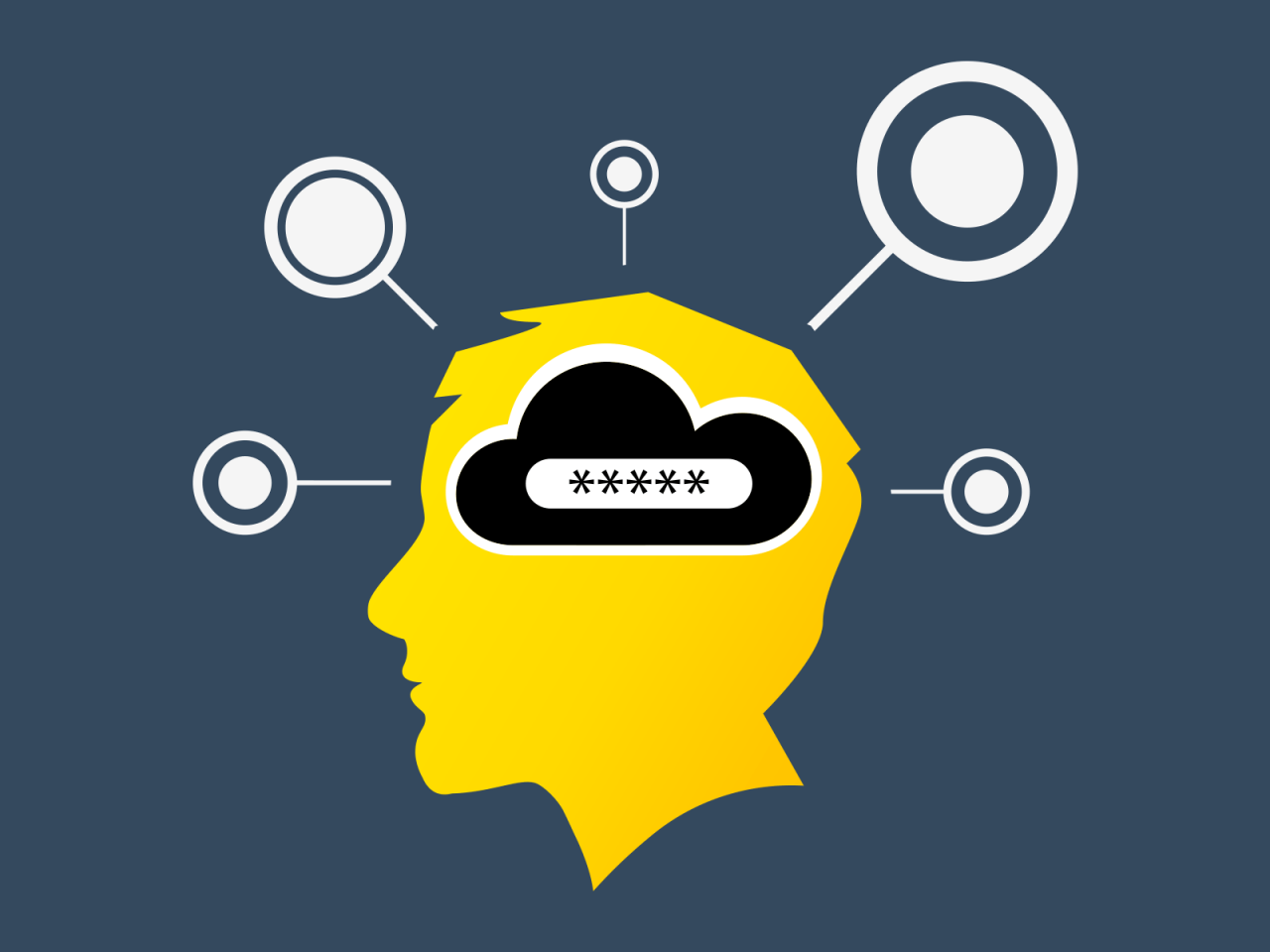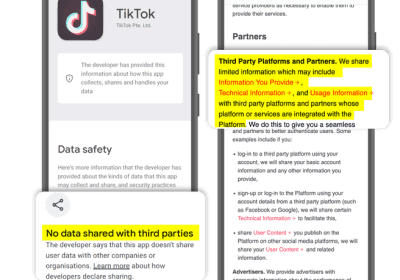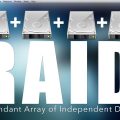
In today’s world, it is usual for users to have many accounts, which may reach dozens in some cases, and as usual, these accounts are protected with passwords to prevent hackers from accessing them and exploiting them for malicious purposes. Although passwords are still a very important part of cybersecurity today, many users ignore the importance of being safe and follow the dangerous path: choosing easy and simple passwords usually “because it is easier to remember.”
Unfortunately, all the time, there is always a sacrifice in front of the user when choosing a password, as the most difficult words to guess and that provide the highest levels of protection from hackers are not easy to memorize and remember, and in contrast, simple and easy-to-remember words are usually an ideal recipe for disaster because it facilitates the work of hackers and exposes the user to losing his accounts and personal information And even his money in some cases.
In this topic, we will try to make the process of choosing the right password for you easier by being easier to remember, but at the same time it is not easily stolen as usual. While we focused on the security aspect of passwords in our previous topic, the main focus here will be the ease of remembering passwords.
Rely on common phrases but differently
Here we do not mean to use common phrases by themselves, as using very common phrases within your password is a big mistake and a real security threat without a doubt. On the other hand, what we mean is that you adopt common phrases to better remember your passwords. Where it is possible to adopt a saying or a saying or a repeated phrase to remember some important information easily.
For example, let’s use two popular English examples to create a strong password:
All good things must come to an end
People who live in glass houses should not throw stones
Here it is possible to use the first example as a source for the letters, for example, where we keep the first letters of each word and preserve the words consisting of only two letters, thus becoming the word Agtmctoane, which does not actually have any meaning, but is very easy to remember once you remember the first saying.
To make the password even stronger, we can rely on the second proverb to obtain numbers, such as putting the number of letters in each word in order: 6342566346 which is a number that is devoid of meaning in turn, but it is also memorable. By combining these numbers with letters in any way you prefer, such as if the distribution is a letter number one letter in sequence, or more randomly, we can get a word such as AG63mct425o66ane346, which consists of 20 different characters with upper and lower case letters and numbers, and the possibility of guessing such a password is difficult It is extremely important and especially that it does not include any personal information or important dates and names, and at the same time the phrase can be remembered easily.
Some personal information is not necessarily harmful
Using your name, the name of your partner, your children, your immediate relatives, or even your important dates such as your birthday or your marriage date is a bad thing without a doubt, but on the other hand there are some personal information that would be almost impossible to guess on hackers even if it remains in your memory for some reason. Where it can depend on vague information such as your GPA in high school or the name of a teacher who taught you at a school level, or perhaps the address of a store you loved as a child.
The problem with using personal information in passwords is not that the information is necessarily personal, but rather that it is easy to guess for hackers in most cases. But if you choose the information that you do not share with others for some reason, such as whether it is confidential to you or that it does not have real importance for mentioning it to the public, the results will be much better, especially if you use it in a manner that appears random or that you add it with other things within the password without relying on it alone.
Of course, it is preferable not to use any truly complete words within your password. Rather, you can suffice with the first two letters of each word or the last letters of the words only, so that you remain remembering what you relied on in making your password, but the hackers’ attempt will be failed because they do not know the method in which I relied on it to keep letters or numbers.
Suffering from remembering too many passwords? Just remember one
Perhaps one of the biggest mistakes that users make all the time is using the same passwords for all accounts or for a large number of them, and as we mentioned earlier, this is a big mistake that may mean losing all of your accounts together once you discover your password or hack one of the sites that used your duplicate password.
Of course, it will be difficult or nearly impossible to even remember a few dozen long and complicated passwords all the time, so relying on a password wallet service is usually a very useful idea for you. Fortunately there are a lot of services available for this today, and almost all of them allow you limited use for free.
Some of the popular options include LastPass, Dashlane, and even Google’s command service. Depending on any of these services, you will be able to create random and highly secure passwords for your various services, and you will not have to remember anything but the password for your personal password wallet only.
Of course, this solution is not really ideal, it means that hacking your password wallet service will lose all of your accounts in one go. But the good thing here is that this possibility is very low, and losing accounts in the event of an exclusive wallet hack is safer than exposing your accounts to a hack just by losing only one of your accounts to the hacke











